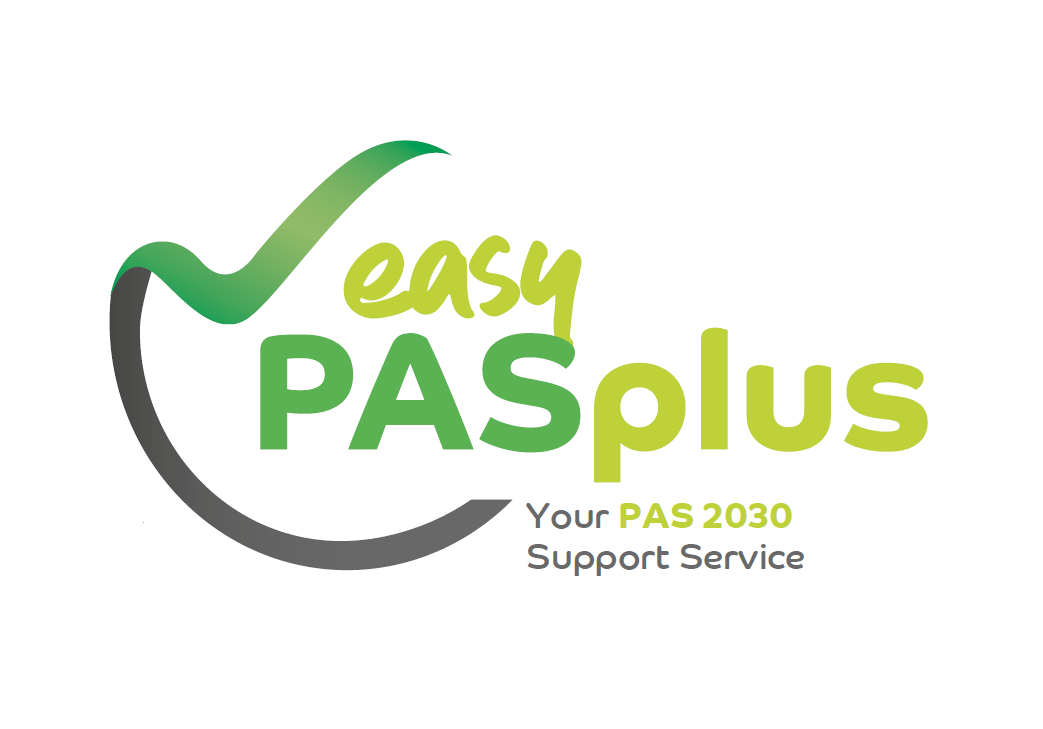General
What is a Quality Management System?
A Quality Management System (QMS) is a series of documents and procedures that sets out how you will operate as a business to comply with certain requirements. We will design a fully bespoke QMS for you which complies to the regulations and requirements set out in PAS 2035.
What’s the difference between PAS 2030:2019 and PAS 2030:2017?
The primary difference between the two PAS documents is that the newer version sits alongside PAS 2035 and so requires the installer to have an understanding of these guidelines. PAS 2030:2019 also requires specific technical qualifications for installers that were not required for PAS 2030:2017. Both documents outline approved standards that installers must adhere to which includes how the business should operate, processes for each installation, guidelines for customer engagement, risk assessment and advice for dealing with issues. All installers are required to upgrade their certification and operational methods to be PAS 2030:2019 compliant by July 2021.
What is PAS 2035?
The Publicly Available Specification 2035 (PAS 2035) contains the guidelines created by the British Standards Institute (BSI) for the installation of energy efficiency measures. These guidelines include the requirements for retrofitting dwellings and explains the qualifications and responsibilities that are necessary before any installation takes place. This document was developed to complement PAS 2030:2019. Read more here.
PAS 2030
Why do I need a PAS 2030:2019 accreditation?
If you’re in the business of installing energy efficient home improvements and intend to work on public funded projects, you need to be PAS 2030:2019 certified.
What do you need to achieve PAS 2030:2019 certification?
- A Quality Management System including all the processes and procedures required by PAS 2030:2019. This is part of the service that Easy Green Deal offers and is equipped to create for your business.
- Proven technical competencies for the installation of measures you are gaining certification for – certificates of qualifications need to be provided.
- Example installations of measures you are gaining certification for – carried out as PAS 2030:2019 compliant (including required documentation).
How long does it take to acquire PAS 2030:2019 certification?
This depends on the certification body you’ll be using to get the PAS 2030:2019 accreditation. The certification body will be able to confirm the amount of time it will take to receive the certification once they have booked your assessment.
What does the PAS2030:2019 assessment entail?
The assessment takes place in two parts:
- An office-based audit of your Quality Management System and project-specific documentation.
- An on-site assessment of an installation of whichever measure or measures you are gaining certification for.
What happens if I don’t have the PAS 2030:2019 certification by the end of the transition deadline?
All registered businesses delivering energy efficiency home improvement measures under the PAS 2035 guidelines, particularly when working on publicly funded projects, must be PAS 2030:2019 certified.
What happens to any incomplete projects that had been started under PAS 2030:2017?
The BSI has agreed to a transition period before PAS 2035:2019 standards become mandatory. This means that registered businesses will have some time to acquire the necessary accreditation from certification bodies before the transition expiration date.
Can I add a measure to my PAS 2030:2019 certification?
Yes. However, you have to undergo another certification assessment.
PAS 2035
What is PAS 2035?
The Publicly Available Specification 2035 (PAS 2035) contains the guidelines created by the British Standards Institute (BSI) for the installation of energy efficiency measures. These guidelines include the requirements for retrofitting dwellings and explains the qualifications and responsibilities that are necessary before any installation takes place. This document was developed to complement PAS 2030:2019. Read more here
Accreditation
Why do I need a PAS 2030:2019 accreditation?
If you’re in the business of installing energy efficient home improvements and intend to work on public funded projects, you need to be PAS 2030:2019 certified.
What do you need to achieve PAS 2030:2019 certification?
- A Quality Management System including all the processes and procedures required by PAS 2030:2019. This is part of the service that Easy Green Deal offers and is equipped to create for your business.
- Proven technical competencies for the installation of measures you are gaining certification for – certificates of qualifications need to be provided.
- Example installations of measures you are gaining certification for – carried out as PAS 2030:2019 compliant (including required documentation).
How long does it take to acquire PAS 2030:2019 certification?
This depends on the certification body you’ll be using to get the PAS 2030:2019 accreditation. The certification body will be able to confirm the amount of time it will take to receive the certification once they have booked your assessment.
Trustmark
What is Trustmark?
Trustmark is a government endorsed quality scheme. Businesses that are registered with Trustmark can use the quality to mark to indicate that their business has been Trustmark-approved. Trustmark’s mission is to ensure that consumers are protected and that their home improvements are of the highest quality. Any business registered with Trustmark commit to delivering the best customer service, technical competence and trade practices. During the certification process, your Easy Green Deal consultant can assist with arrangements for Trustmark registration through the PAS Certification Body.
Schemes and Funding
What is ECO3?
The ECO3 scheme is the third version of the Energy Company Obligation strategy that was implemented in 2018 and expires on 31 March 2022. ECO3 is a government initiative that focuses on affordability of in-home heating measures and provides funding for low-income households. To learn more on how to get started with ECO3, click here.
